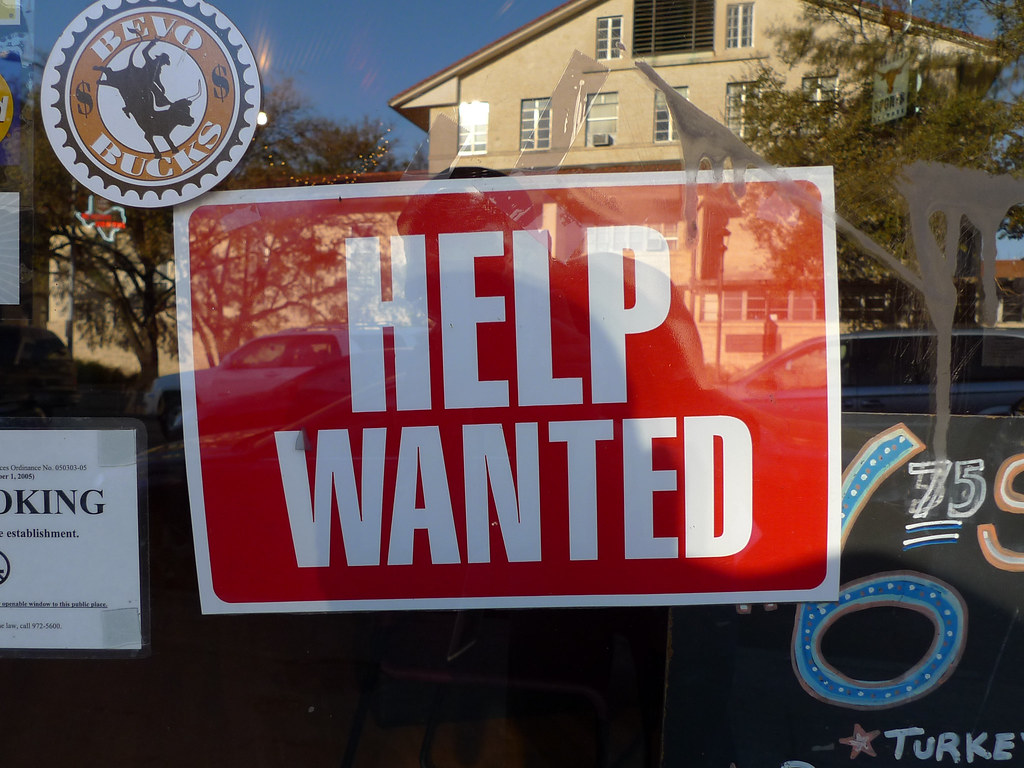The popular fast-food restaurant Chipotle has agreed to pay over 300,000 dollars for alleged violations of Washington D.C. child labor laws. Similar violations of child labor laws have occurred at several Sonics in South Carolina – the same state where just a few months earlier a labor contractor was fined over $500,000 for exploitation of migrant farm workers. In fields like finance and tech, where child labor is rare, there are other concerning employer practices, such as extensive digital surveillance of employee computers.
These stories drive home that largely two groups of people decide what happens in the American workplace: The first, management; the second, government. Americans love democracy, but we leave this particular leadership preference at home when we go to work.
Workplaces are often explicitly hierarchical, and workers do not get to choose their bosses. Beyond pay, employers may regulate when we eat, what we wear, what hours we get to spend with family, and whether we have access to certain contraceptives. Worker choice usually boils down to a binary decision: do I take the job or do I leave it. And concerns of money, family, and health insurance often put their thumb on the scale of this ostensibly personal decision.
A good boss may listen to their employees, or allow them significant independence, but this discretion is ultimately something loaned out, never truly resting with the employees. In some cases, either through their own position or through joining a collective organization like a union, a worker may have more leverage in negotiations with their employer, and thus more say in the workplace. Robust workers’ rights and worker protection laws can further strengthen employee agency and negotiating position. All these however preserve an autocratic understanding of the workplace – the power of management is limited only by countermanding power from the government, organized labor, or individual workers.
The philosopher Elizabeth Anderson has referred to the incredible power that employers have over the lives of their employees as “private government.” And yet oddly, Anderson argues, one rarely hears the same concerns voiced about government as about the governing power of management. We fret over government-imposed regulation on companies, but rarely company-imposed regulations on employees. We want our political leadership accountable to those they rule over, but not company leadership. We worry about government surveillance, but not internal workplace surveillance.
What might justify this seemingly incongruous state of affairs?
One answer is to appeal to human nature. We often hear that humans tend to be selfish and hierarchical, and therefore shouldn’t be surprised that our companies end up like this. But this response faces problems on several fronts. First, at best this would explain the autocratic workplace, it would not provide a moral justification for it. Philosophers generally reject that something is good simply because it is natural. Second, biologists dispute this simplistic account of human nature. Humans are highly responsive to social context, and our underlying tendencies seem to be just as cooperative as they are competitive. Finally, it fails to explain why we are concerned by public government overreach but not private government overreach.
Alternatively, we may argue that because the firm is ultimately owned by someone, it is only appropriate that person have control over their employees as long as those employees freely entered into agreement to work there. However, with pay and healthcare on the line and the generally skewed power between employers and employees, only the rarest of employees get to truly negotiate terms with their employer. Many undesirable features of a workplace such as digital surveillance, mandatory arbitration, and noncompete clauses (see Prindle Post coverage) are so widespread as to be inescapable in certain industries. Consequently, it is specious to argue employers are entitled to treat employees as they see fit, simply because employees agreed to work there – although this general argument would hold up better with stronger workers’ rights.
The final, and perhaps the most obvious, answer is simple efficiency. A more autocratic workplace may just work much better from an economic standpoint.
There are two things to note with this line of defense. First, it needs to have limits to preserve human rights and dignity. The American government undoubtedly finds the prohibition against unreasonable searches and seizures inefficient at times, but that does not justify scrapping it. By the same token, a company would presumably not be justified in whipping their employees, no matter how much it increased productivity. Limits need to be set on the power companies have over their workers – indeed, as the government does to some extent currently. However, this does not necessarily speak against workplace autocracy tout court. Second is that the efficiency benefit of workplace autocracy depends on what it is being compared to. Convening an assembly of thousands of workers to make every decision is perhaps insufficiently “agile” for the modern economy, but there are many examples of businesses owned and run cooperatively by their employees. Even something as simple as allowing employees to vote out management could be worth considering. Workplaces may even benefit from more empowered and invested employees.
For Anderson, herself, the current power of private government is best explained not by reasons, but by history. The rise of an obsession with efficiency, burgeoning faith in the liberatory power of free markets, and the collapse of organized labor in America have all conspired to help managerial power in the workplace to grow unquestioned. Agree or disagree with her history, we can follow her in thinking that, like public government, private government is sufficiently impactful and complex to merit robust discussion about its justifications, dangers, preferred implementation, and needed checks and balances.








